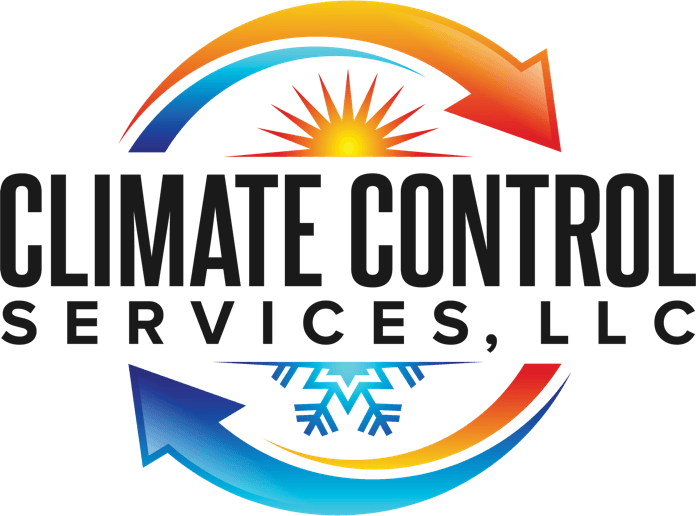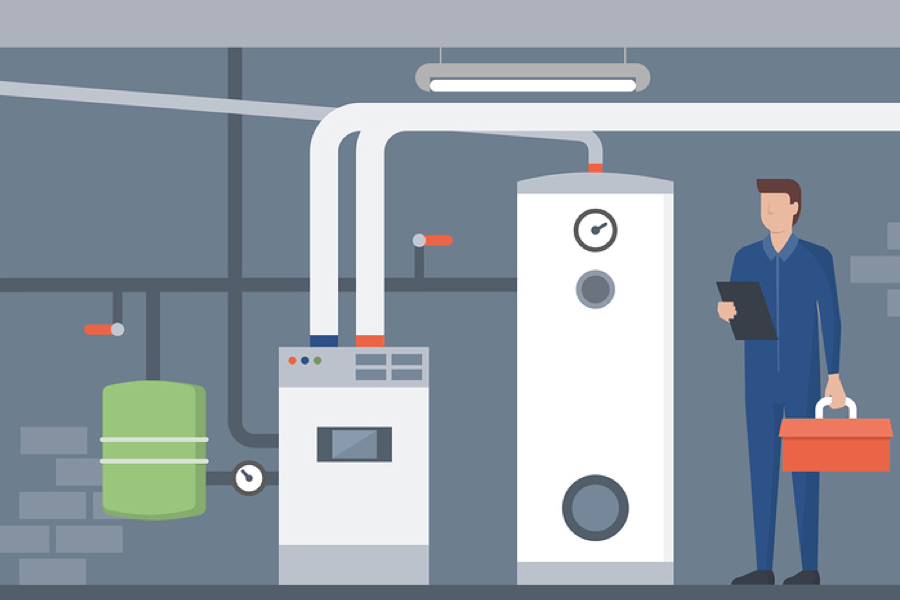Should I hire someone to repair my A/C?
When is it okay to repair your own air conditioner and when do you really need a pro?
The answer to this question depends, to a great extent, on who asks it. If you have good D-I-Y skills, feel comfortable using tools and have a healthy and informed respect for electricity, then the answer will be twofold:
- For some kinds of faults, yes, you should.
- For some other kinds of faults, no, there’s no need – there’s repair work you can do yourself.
If, on the other hand, you’re not an accomplished and confident D-I-Yer then an air conditioning unit may not be the best place to start.
But let’s go with Option 1 and look at A/C repair options open to the reasonably skilled.
Should I hire someone to repair my A/C? Step 1: the easy stuff
Here are some things you should do whether you’re good with your hands or not. First, check the thermostat. Has it somehow been incorrectly set? Then look at the route the air takes as it passes into and out of the unit. Is anything obstructing it? If so, remove the obstruction and test the A/C again. How about the registers (the grids that allow cool air into the building)? They’re not closed, are they? Finally, check the drain. Is anything restricting the outflow? If so, fix it – and, once again, re-test.
Should I hire someone to repair my A/C? Step 2
If Step 1 turned nothing up, check the coolant level because not having enough coolant will mean not having efficient cooling. If it’s below the maker’s recommended level, don’t top it up – you need to know where the leak is, and for that you need a trained technician. Call Climate Control Services and ask us to send one.
Should I hire someone to repair my A/C? Step 3
We’re still in the simple stages here. Make sure your thermostat knows it’s in A/C mode and turn down the temperature setting. Does the fan start running? If not, reset the circuit breaker, and if that doesn’t do the trick you need to call us because something is wrong that needs a techie to fix it.
Now step outside. Are the compressor and the fan running? (You should be able to hear the compressor and see the fan).
Should I hire someone to repair my A/C? Step 4: You’re going to need some tools
Equip yourself with a socket set, screwdrivers, a multimeter and a voltage sniffer. (If just looking at these makes you think you’re getting out of your depth, maybe you just found the answer to the question: should I hire someone to repair my A/C?)
Okay. This next bit is very important: turn off the power by pulling the disconnect block out of the electrical box near the condenser and use the voltage sniffer to make doubly sure it’s off. Then treble it by going to the main electrical panel and turning off the circuit breakers for both A/C and furnace. (You’ll recognize the disconnect block; it says “Disconnect” on it, probably in block capitals).
Clean the condenser coils. A garden hose will do the job. All sorts of rubbish gets stuck under the lid – clear it out. All of it. Did that work? If not, change the filter. (Maybe change the filter anyway – when was it changed last?)
Use the multimeter to check the fuses in the disconnect block. If they’re blown, that probably isn’t the ultimate problem – they blew for a reason and you’ll likely need a technician to work out what it was.
Should I hire someone to repair my A/C? Step 5
You have to decide whether this next D-I-Y step is for you. Your A/C system has at least one capacitor – possibly more. Before you can disconnect a capacitor, you must discharge it. If you’re happy doing that, then afterwards disconnect the capacitor wire by wire, attaching the wire to a replacement capacitor before moving on to the next wire. Then replace the old contactor with a new one, once again wire by wire.
Is your air conditioning now working again?
If so, congratulations! You’ve saved yourself some money and gained some new skills.
If not, we’re sorry, but now it’s time to hand over to a pro. Call Climate Control Services and make sure the job is done right.
As this has probably shown, some air conditioner faults are fixable by the home handyperson and some aren’t. But having a maintenance contract is probably a good idea in any case. Air conditioning is a serious investment and keeping it running at maximum efficiency for as many years as possible is expenditure well worth paying.
You might also like
HVAC Blog | Climate Control Services LLC




